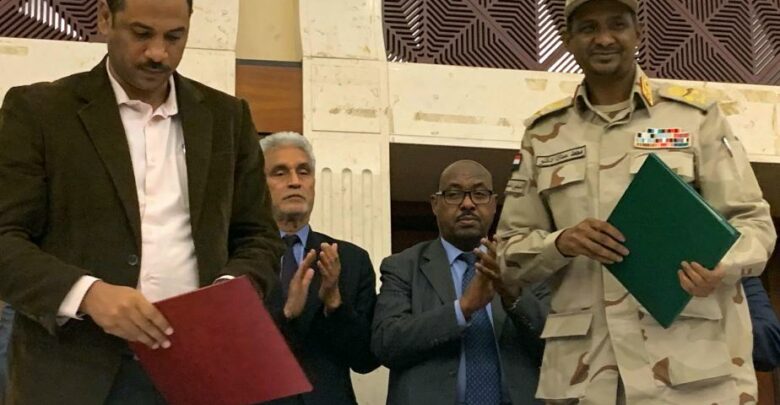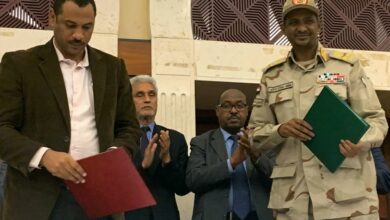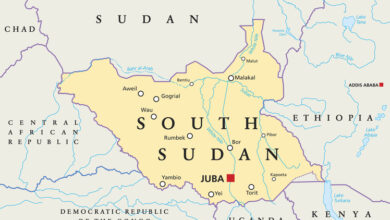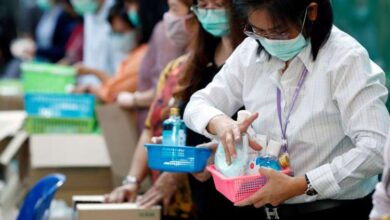World
Sudan’s Ruling Sovereign Council Drops Death Penalties Of Eight Darfur Rebels

Sudan’s ruling Sovereign Council on Thursday announced it has dropped the death penalty against eight members of the Sudan Liberation Movement, an armed group in Darfur headed by Abdel Wahid, reported Yahoo News. The move is aimed at building confidence with armed groups in the region as the new ruling sovereign council attempts to install peace in the war-torn region.
“The council decided to drop the death penalty against eight members of Sudan’s Liberation Movement (SLM) led by Abdul-Wahid Nur,” said Mohamed Al-Faki Suleiman, spokesman of the council.
Sudan’s Darfur, Blue Nile, and South Kordofan regions have witnessed deadly conflicts between former president Omar Al-Bashir’s forces and ethnic minority rebel groups for years, with tens of thousands of people killed.
Suleiman said the ruling body had also ordered the release of several other rebels who had previously battled government forces in Darfur. He added that a committee assigned by the Sovereign Council has been in contact with the armed movements from Sudan’s Darfur, South Kordofan, and Blue Nile regions to implement the agreement reached prior to a round of peace talks.
Earlier this month, Sudan’s government and the armed groups signed a declaration of principle and agreed to hold peace talks on October 14 to address the war issues in the country. The declaration was reached after representatives of the Sudan government and the armed groups held talks in South Sudan’s capital Juba, under a mediation initiative by South Sudan’s president.
Both parties also agreed to form specialized committees to arrange for the peace negotiations, follow up procedures of releasing the prisoners of war, and check for measures of cessation of hostilities.
Mass protests led to the ousting of long-time autocrat Omar al-Bashir in April. After months of negotiation talks, the military and the protest coalition finally agreed to form an 11-member Sovereign Council, which will now run the country for three years until elections take place.






